In the first place, God made idiots. That was for practice. Then he made school boards
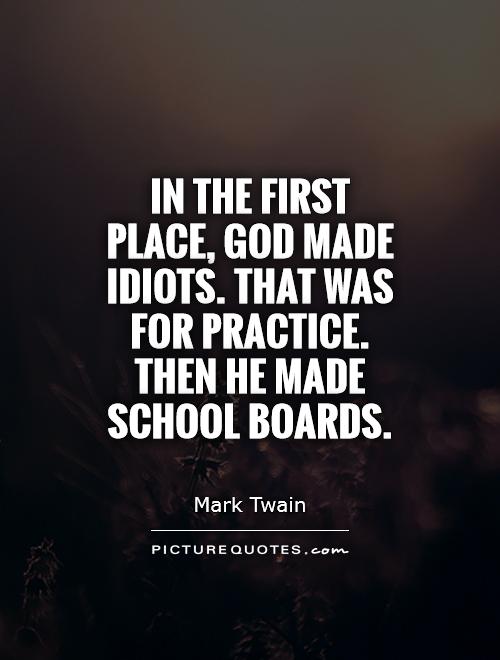
In the first place, God made idiots. That was for practice. Then he made school boards
Mark Twain, the renowned American author and humorist, was known for his sharp wit and satirical commentary on society. One of his famous quotes, “In the first place, God made idiots. That was for practice. Then he made school boards,” perfectly encapsulates his irreverent and critical view of the education system.Twain’s words suggest that school boards, the governing bodies responsible for overseeing the operation of schools, are somehow inferior to idiots. This humorous quip highlights Twain’s belief that the decisions made by school boards are often misguided or foolish. By comparing them to idiots, Twain is implying that school boards lack intelligence or common sense.
Twain’s criticism of school boards can be seen as a reflection of his broader skepticism towards authority and bureaucracy. Throughout his works, Twain frequently poked fun at institutions and individuals in positions of power, highlighting their flaws and shortcomings. In this case, Twain is suggesting that school boards, despite their supposed authority and expertise, are not always capable of making wise decisions when it comes to education.
Furthermore, Twain’s quote can also be interpreted as a commentary on the limitations of formal education. By suggesting that God made idiots for practice before creating school boards, Twain is questioning the effectiveness of traditional schooling in cultivating intelligence and wisdom. He seems to be implying that even those in positions of authority within the education system may not always possess the necessary skills or insight to truly educate and inspire students.
Overall, Twain’s words serve as a humorous and thought-provoking critique of the education system and the individuals tasked with overseeing it. By comparing school boards to idiots, Twain challenges us to question the assumptions and practices that govern our schools and to consider alternative approaches to education.
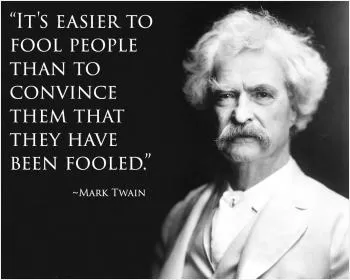
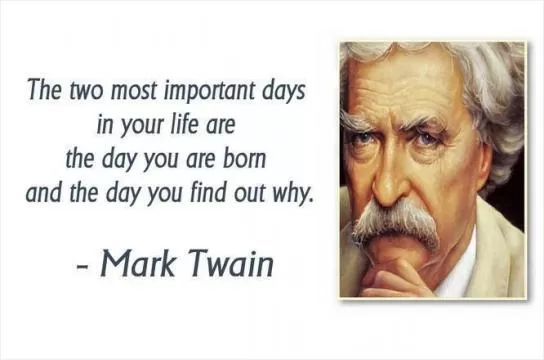
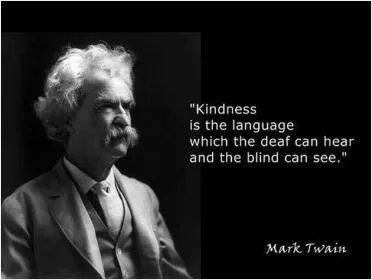
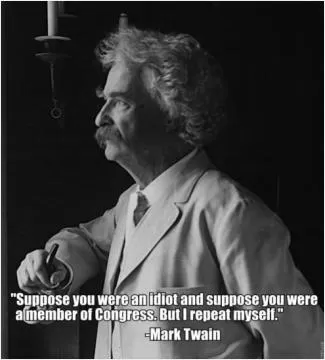
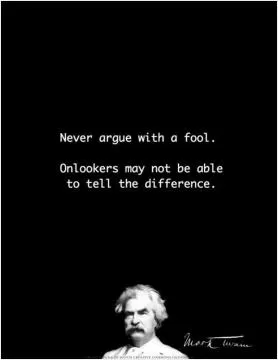
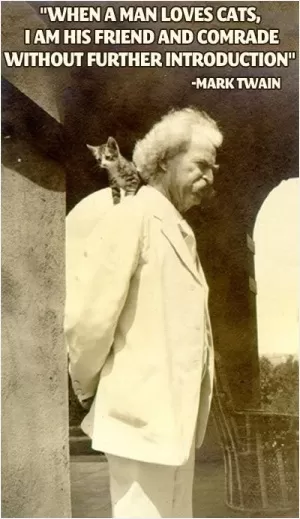

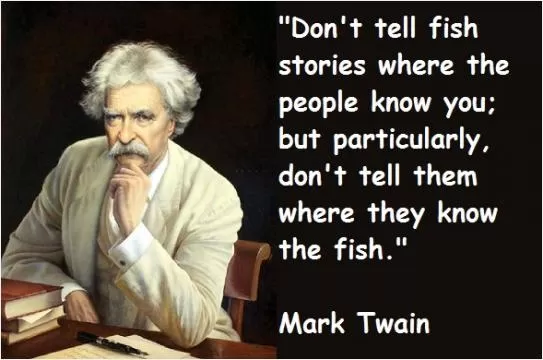
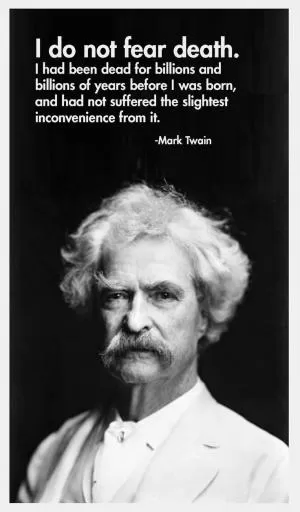
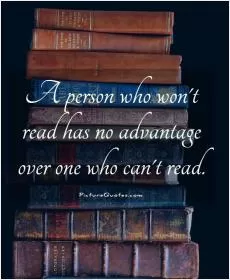
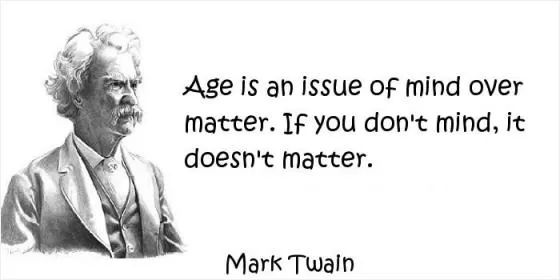

 Friendship Quotes
Friendship Quotes Love Quotes
Love Quotes Life Quotes
Life Quotes Funny Quotes
Funny Quotes Motivational Quotes
Motivational Quotes Inspirational Quotes
Inspirational Quotes